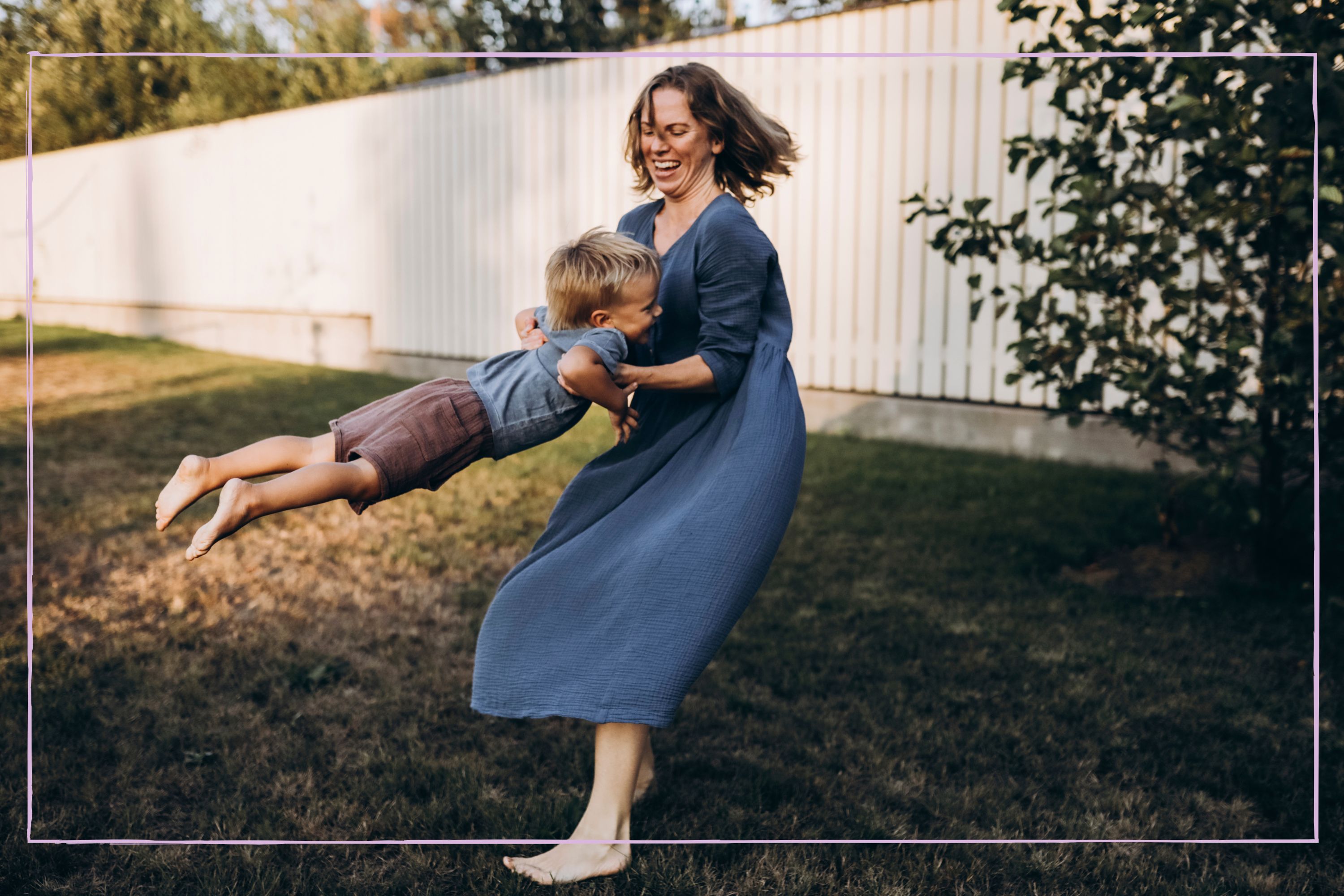Most important trait parents can have revealed by new research - and it’s not what you’d expect
These parents seem to have a better relationship with their kids

New research has revealed the surprisingly important trait parents who have a good relationship with their kids all share - and it's not what you'd expect.
There's no crash course you can take when it comes to parenting, but there are a lot of skills it's mutually agreed make you a better parent. You need to be able to listen, know how to stay calm and, according to new research, also be funny while you're doing it.
Yes, you heard that right. According to a new study, parents with a good sense of humour have a better relationship with their children than those parents who do not, with the funny parents giving kids a better view on their childhood experiences.
The University of Macerata study set out to answer one simple question; Humour in parenting: Does it have a role? And it seems that it does. Speaking with adult children, the study found that people whose parents used humour regularly not only had a better view of their parents in general, but also were more likely to say they still had a good relationship with them now in adulthood.
The participants were also more likely to say their parents did a good job raising them and that they would use the same parenting techniques as their own parents when they have kids in the future.
Speaking about humour as a parenting tool, the study's senior researcher Dr. Benjamin Levi, told CNN, "It sort of forces you to react differently, which opens up new perspectives and new opportunities. That kind of connection can be very [encouraging] for the relationship between the kid and the parent.”
The study's coauthor Anne Libera added that it's not just the kids who benefit from a parent's humour, but also the parent themselves too. “Using humour can change your child’s behaviour, but can also help you reframe a stressful situation, and that was, for me, a huge saving grace," she said.
Parenting advice, hot topics, best buys and family finance tips delivered straight to your inbox.
However, there is a time and a place for this humour and the study's researcher's admit that they need to look more into the specifics to really figure out how humour can be best used as a parenting tool.
“The real question is, how can humour be used appropriately for the children? Because humour can be weaponised. Humour can be exploitative," Levi explained.
"A 13-year-old who comes home sullen and doesn’t want to talk or is angry or is crying — boy, that’s complex, and that requires a much more nuanced approach,” Levi said. “Sometimes humour lends itself to nuance. But I would guess that often, in those kinds of nuanced situations, humour is a lot harder to pull off successfully.”
Until more research is done, Dr. Katie Hurley, a child and adolescent psychotherapist, has some tips when it comes to knowing what kind of humour is appropriate for your child.
“Infants and toddlers respond well to slapstick humour, but preschoolers love a tall tale,” she told told CNN. “As kids grow, their sense of humour and ability to understand different types of humour becomes more sophisticated.
“One thing to avoid across age groups [is] sarcasm,” she added. “Stick to the parent jokes and humorous problem-solving efforts that you know will decrease stress and keep the family engaged in a positive way."
Loads of research has been done into the traits people have and how they can impact a child and their development. For example, there are seven traits you probably have now if you grew up as an 'only child' and people who moved a lot as kids tend to develop these five traits when they become adults. Plus, there are 10 personality traits found in people who lack self-confidence and understanding them is important for kids and parents alike.
Charlie Elizabeth Culverhouse is a news writer for Goodtoknow, specialising in family content. She began her freelance journalism career after graduating from Nottingham Trent University with an MA in Magazine Journalism, receiving an NCTJ diploma, and earning a First Class BA (Hons) in Journalism at the British and Irish Modern Music Institute. She has also worked with BBC Good Food and The Independent.